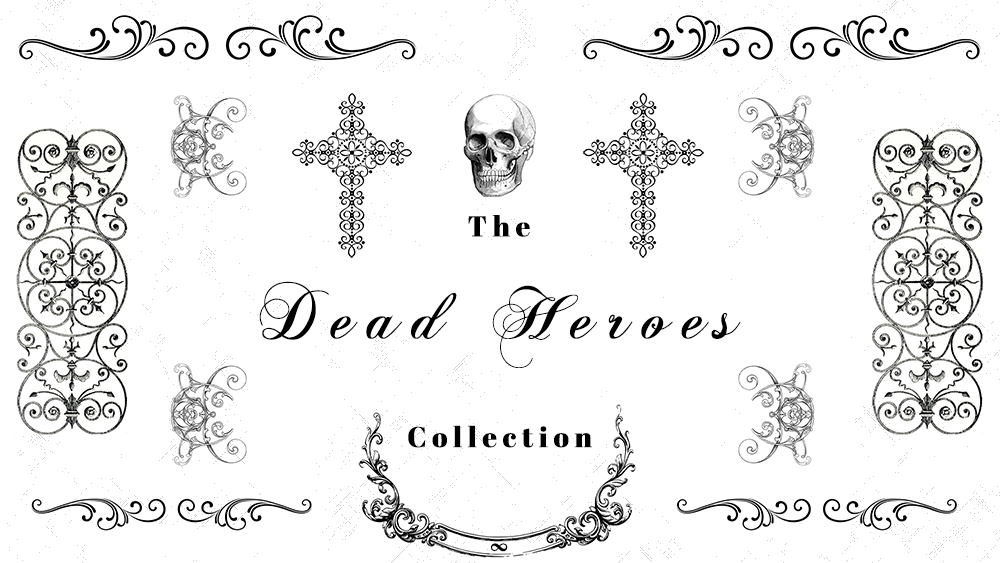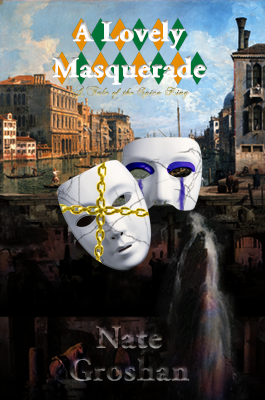While we are alive, our worth is measured by what others believe we can do for them—or to them. We are sized up as potential friends, enemies, lovers, rivals, partners, competitors, caretakers, pets, leaders, and slaves.
After we die, though, people are no longer able to ask themselves: “What can he or she do for me?” There is no more attention to be given, no more checks to be written, no more hours to be logged, and no more deals to be made. Too often, for the first time, those we’ve left behind look at us with honest, open eyes and our stories are truly read.
Penniless artists that killed themselves out of despair are praised as masters of their craft, and their once undesirable works are sold for considerable fortunes.
Great thinkers who lived persecuted lives and died as fools are now geniuses, and their ideas are still being taught centuries later.
Rulers and celebrities, once highly praised, are seen for what they were beyond the gold and glamor, and have since become cautionary tales.
What is it about our passing to the other side that draws the earnest fascination of our peers in a way that our living, beating hearts do not?
Why do so many stories start and end with the living when the pattern of history shows us that it is only after somebody dies that we really start to pay attention?
After we die, though, people are no longer able to ask themselves: “What can he or she do for me?” There is no more attention to be given, no more checks to be written, no more hours to be logged, and no more deals to be made. Too often, for the first time, those we’ve left behind look at us with honest, open eyes and our stories are truly read.
Penniless artists that killed themselves out of despair are praised as masters of their craft, and their once undesirable works are sold for considerable fortunes.
Great thinkers who lived persecuted lives and died as fools are now geniuses, and their ideas are still being taught centuries later.
Rulers and celebrities, once highly praised, are seen for what they were beyond the gold and glamor, and have since become cautionary tales.
What is it about our passing to the other side that draws the earnest fascination of our peers in a way that our living, beating hearts do not?
Why do so many stories start and end with the living when the pattern of history shows us that it is only after somebody dies that we really start to pay attention?

